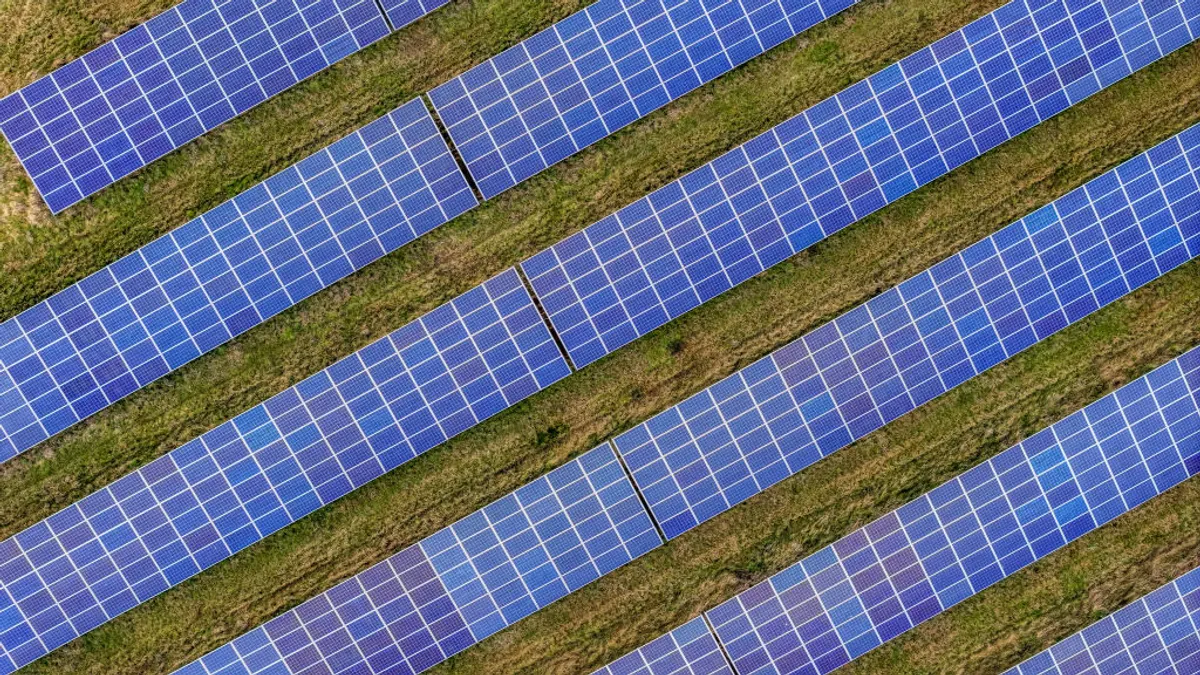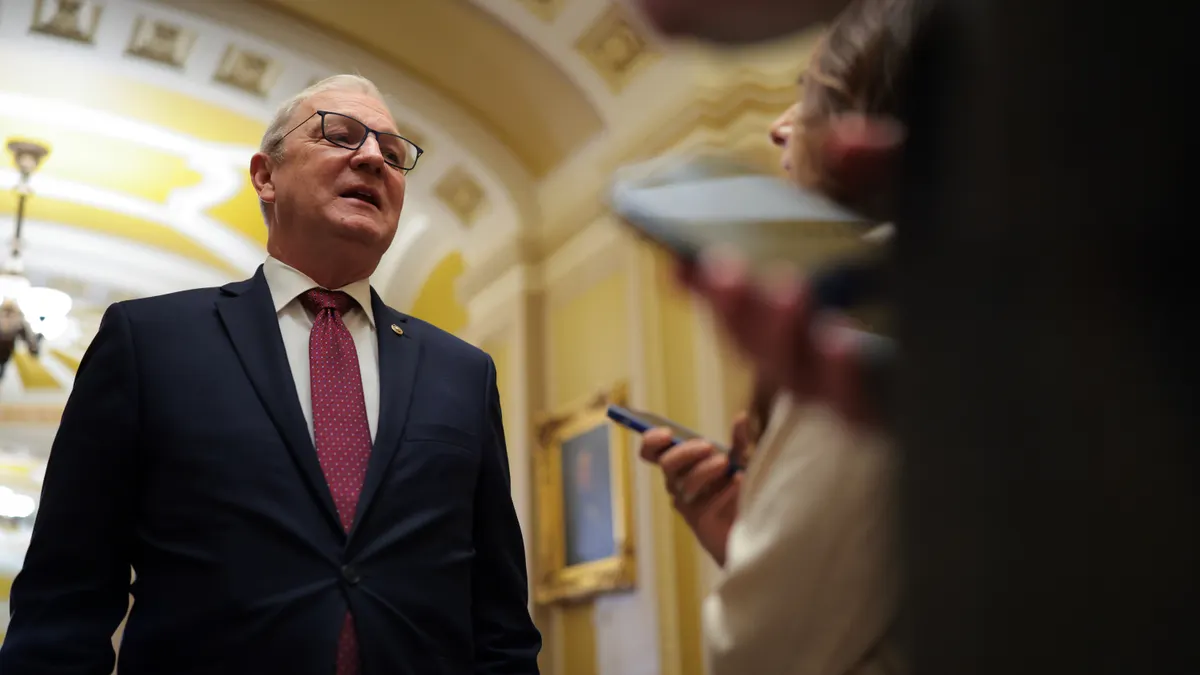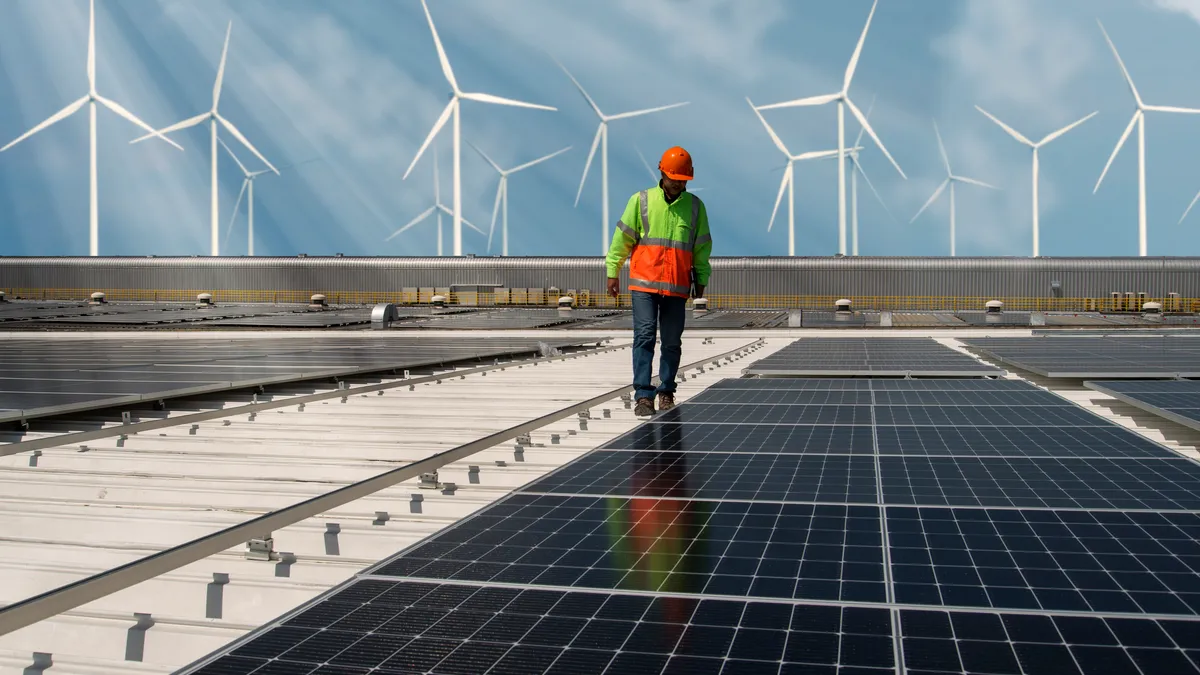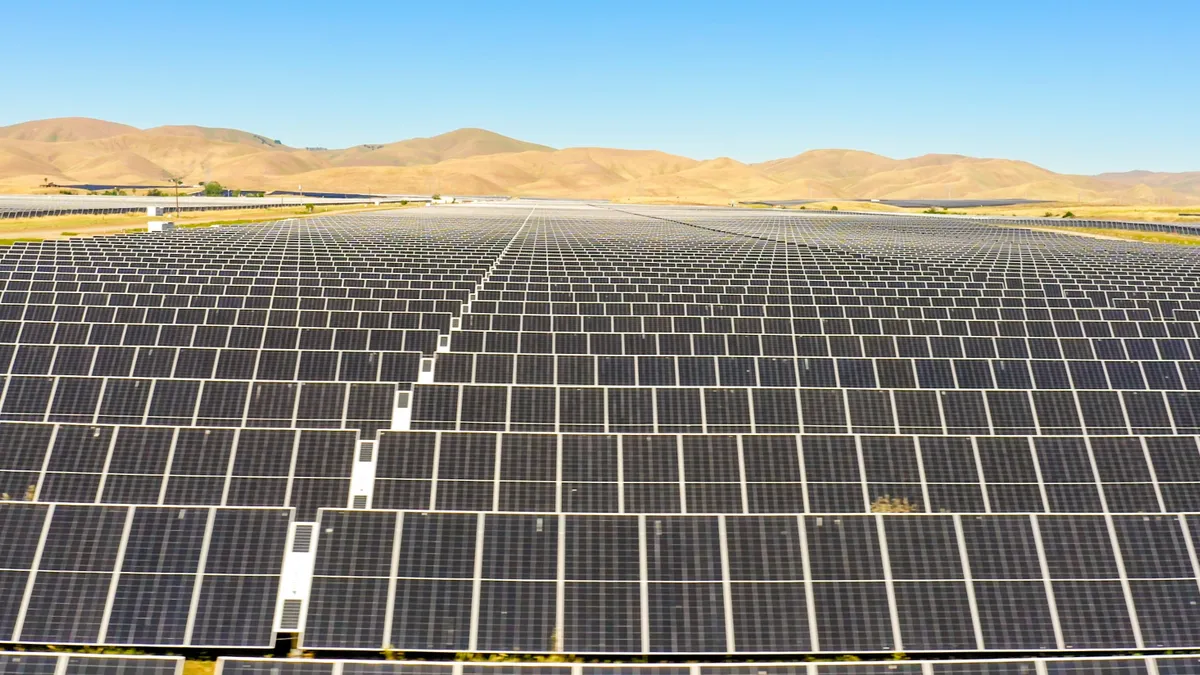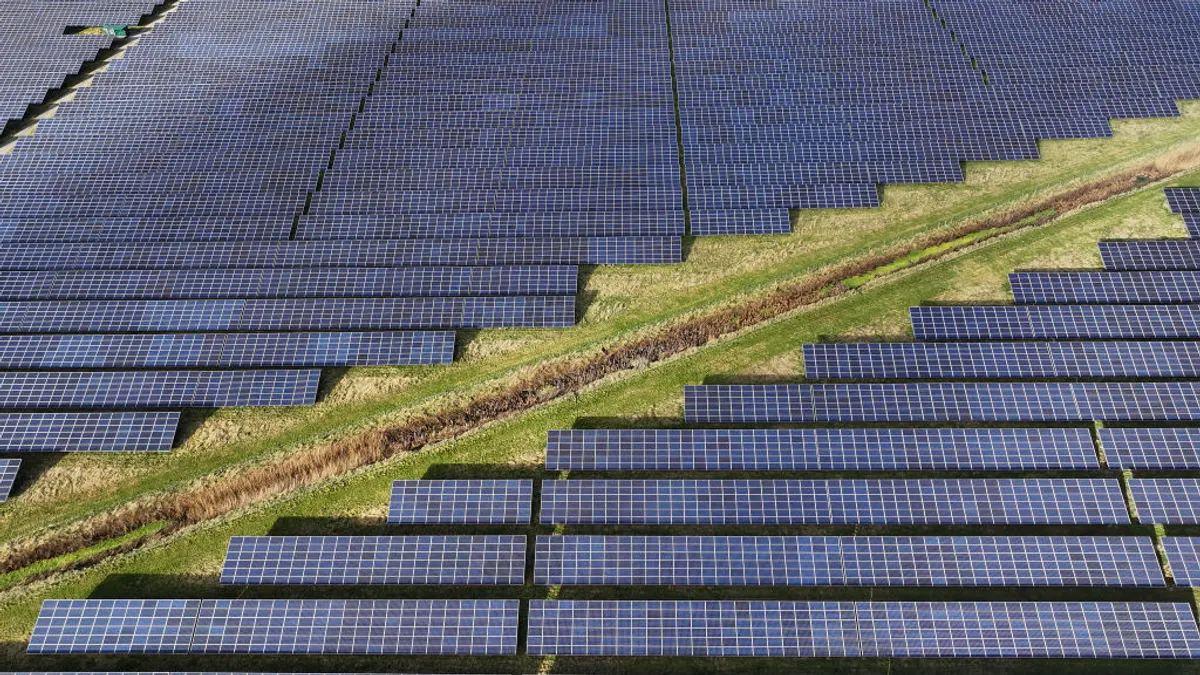Clayton S. Friedman is a partner, Ryan Strasser is a partner, Mackenzie W.J. Jessup is an associate and Carson Cox is an associate at Troutman Pepper.
Rapidly increasing demand for sustainable energy sources has sparked an explosion of alternative energy companies, especially in the residential solar market. This development has caught both the attention of states’ attorneys general and generated several consumer class actions.
In both the regulatory and class contexts, the complaints have typically centered on misrepresentations about the costs and savings benefits afforded by the residential solar power systems for sale and the companies’ aggressive sales and marketing tactics in persuading consumers to lease or purchase them. Costs and savings misrepresentations, in particular, have typically spurred the ire of state AGs when solar companies exaggerate their systems’ potential to save consumers money, despite financing that may end up costing the consumer more.
Claims around costs and savings have also triggered regulatory scrutiny where solar companies overstated consumers’ access to certain solar tax credits or overpromised the impact of those tax credits on consumers’ tax bills. These types of complaints can give way to violations of states’ unfair and deceptive or abusive practices acts and related common law claims.
Of course, the mode of these sales communications has also drawn heat from state AGs. For instance, practices of going door-to-door and misrepresenting that consumers have signed contracts, following consumers around hardware stores, and robocalling consumers have all found their way into consumer complaints and state AG investigations. These issues and the rising popularity of investment companies using environmentally-focused metrics in financial decision-making will likely increase regulators’ scrutiny of the sustainable energy industry.
In November 2022, a coalition of nine AGs, led by Kentucky AG Daniel Cameron, submitted a letter to several solar lending companies, urging them to provide relief to consumers by suspending loan payment obligations and the accrual of interest for customers who financed the purchase of a solar power system from Pink Energy. The letter details complaints that the systems were either underperforming or non-functioning and that “Pink misrepresented the availability of and/or consumers’ eligibility for state or federal tax credits.” Thus, it is not just solar companies who may be on the hook when consumers complain of ineffective or costly solar power.
However, most state AGs have focused on solar companies’ misrepresentations regarding the availability of financing or government support for residential solar power. In April 2022, the Minnesota AG filed a lawsuit against Utah-based solar companies, lenders and company executives, for telling “consumers they were automatically eligible for tax credits when they weren’t . . . [and] [w]hen consumers tried to get out of these contracts, the companies threatened them with lawsuits and exorbitant termination fees.”
In February 2022, the Idaho AG issued a consumer alert concerning continued consumer complaints about “solar companies’ misleading sales tactics through door-to-door sales and social media advertisements.” These included representations that “consumers will receive government rebates or payments for installing solar systems” and “customers with solar equipment will never pay a power bill again.”
According to Business Insider, online lead generators for solar companies posted ads on social media, like Facebook, “suggest[ing] that certain states are giving away solar panels for free or that utilities will pay customers to put solar panels on their roofs. And nearly all of them stated that there are no out-of-pocket expenses.” At the time, however, those representations were untrue. Touting the availability of tax credits where none exist has led several AGs to file complaints against solar companies.
Misrepresenting savings has also resulted in state AG action and steep renumeration. In January 2020, Vivint Solar entered into a $1.95 million settlement with the state of New York after allegations surfaced that it had misrepresented the amount of interest consumers would pay over the life a twenty-year lease on their systems.
Similarly, in March 2018, the New Mexico AG sued Vivint Solar for its claimed unfair and unconscionable business practices around the same 20-year leases. There, the AG accused Vivint of clouding titles to consumers’ homes, fraud and racketeering in connection with its residential solar power purchase agreements and solar equipment. And in March 2023, the Connecticut AG filed a lawsuit against New Jersey based Vision Solar following consumer complaints alleging similar savings misrepresentations in addition to “high-pressure” sales tactics and “predatory practices.”
However, it is not only the content of sales pitches that can land solar companies in hot water — making inappropriate calls may also lead to trouble. In 2019 Vivint Solar entered into a $975,000 settlement to resolve Telephone Consumer Protection Act, or TCPA, claims for placing unsolicited robocalls advertising its products and services. SolarCity paid $15 million in 2018 to resolve similar TCPA claims. More recently, in February 2020, consumers filed a class action against Sunlight Solar based on allegations of similar TCPA violations. Such allegations may not only subject companies to consumer class actions, but also fall within the purview of the Federal Trade Commission.
Given the content and mode of communication, solar companies should beware of more than just state AG oversight. Regulators are already implementing measures to address public concerns and prevent future consumer protection violations in the solar industry. Minnesota, New York, Vermont, New Mexico, Massachusetts, Mississippi and Louisiana have released state-specific guides to help homeowners understand residential solar contract terms and system financing options. Other states, like Utah and Maryland, have enacted new regulations requiring solar companies to disclose certain details about their systems and transactions during the initial customer interaction.
Solar companies themselves should consider taking steps to avoid potential liability from customer interactions. The Solar Energy Industries Association suggests several ways to do so in its “Solar Business Code.” These include avoiding referring to solar services as “free,” fully disclosing eligibility requirements or qualifications for applicable incentive programs, accounting for all material factors in system production calculations, basing utility price projections on data from an official publicly available source, maintaining and respecting an up-to-date do-not-contact list, and providing consumers with a three-day period to cancel their contracts (as is required by law in certain situations). Other important internal compliance measures might include developing a system to monitor consumer complaints and adopting a standardized grievance procedure.
Proactively implementing similar policies would be a good way for solar companies to improve customer interactions and avoid potential regulatory scrutiny. This is important as regulators’ interest in these companies’ practices will only continue to rise as more consumers purchase or lease residential solar panels.




